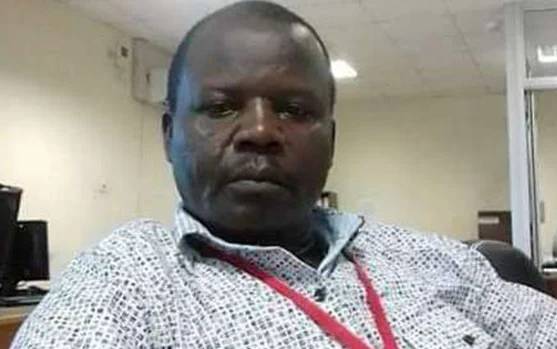×
The Standard e-Paper
Kenya’s Boldest Voice

Villagers in Ukwala, Siaya County, were woken up in the middle of the night with sounds of hoes pounding the ground in the presence of armed policemen and county health officers.